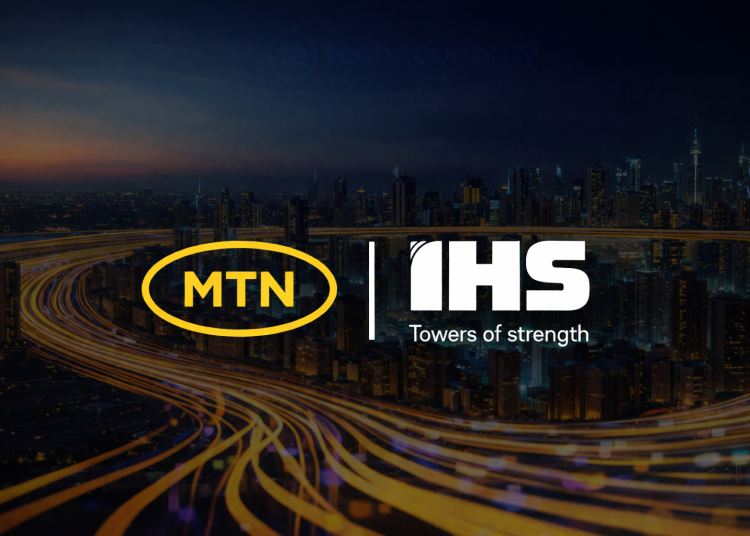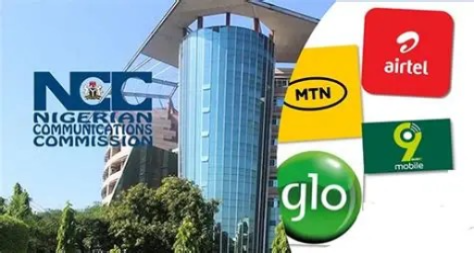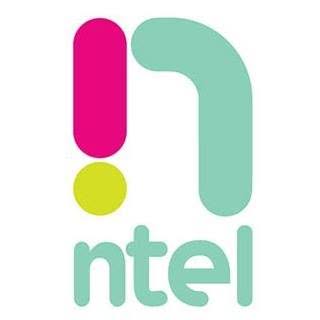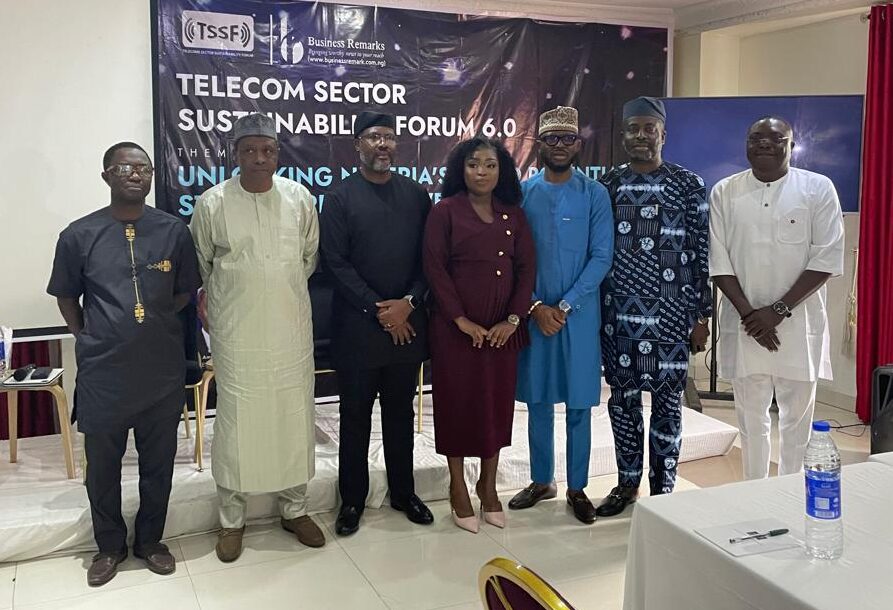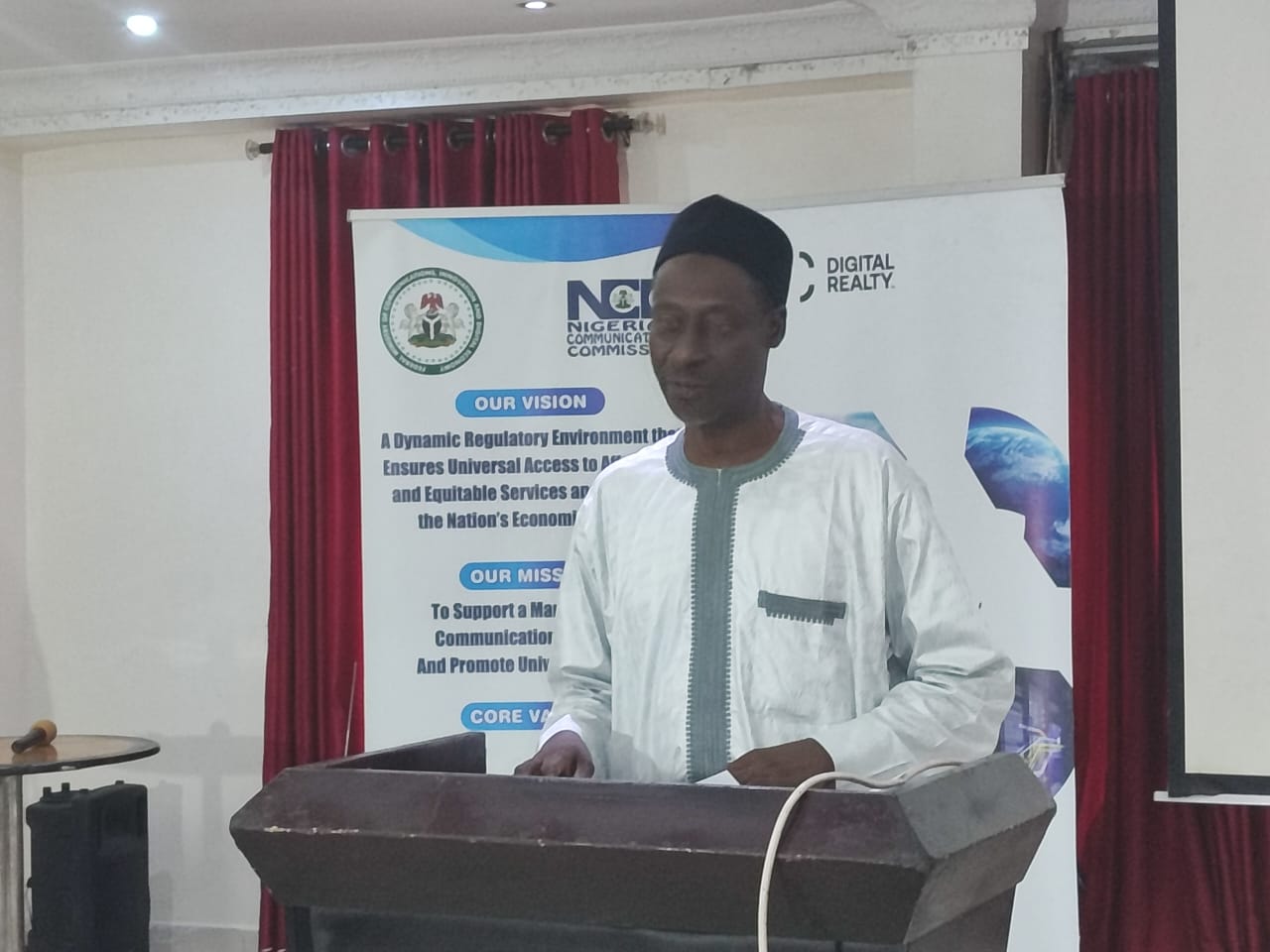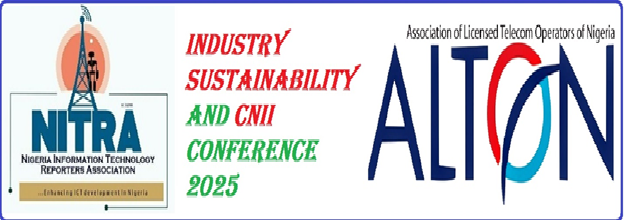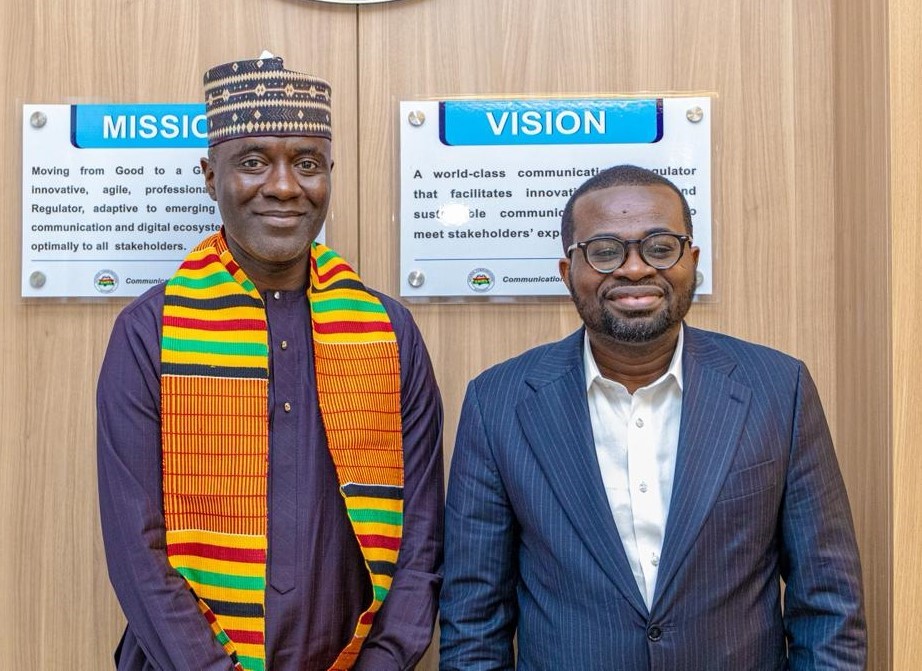The Nigerian telecommunications sector has remained, perhaps, the most dynamic section of the
economy for over two decades. It is a major newsmaker. One day it is news for new milestones,
new technologies and new vistas and the next day regulatory restrictions, multiple taxations by
the government and its agents or else disruption of service by the same. It is a real roller-coaster
ride.
Yet, the sector has proven resilient, even before resilience was a thing. To get to where it is today,
the players have invested heavily, struggled with and overcame myriads of obstacles and
continue to stretch to do new and exciting things. It strives to keep abreast of the latest
development across the globe.
It is clear that the telecommunication revolution championed widespread access to broadband
internet services and the attendant benefits, enabled the growth of e-commerce and precipitated
the emergence of the digital economy. This is, in addition, to direct contributions to the economy
through taxes paid, job creation and sustenance of many MSMEs.
While some experts point to government policies and fair regulatory practices as the biggest
enabler of growth in the sector over the years, some argue that the government and its agents are
also the greatest obstacles to the sector achieving its full potential.
One simply needs to look back to the recent SIM/ NIN policy and attempt to evaluate the cost:
millions of lines were lost, businesses closed, people lost jobs and the economy constricted.
Last week, the Nigerian Communications Commission (NCC), the regulator of the
telecommunications industry, ordered operators, MTN and Airtel, to immediately reverse the
hike in their data tariff plan which they implemented on their respective networks the previous
week.
News reports indicated that MTN and Airtel subscribers suddenly realised that the operators had
commenced a new data tariff plan which was an upward review of the cost of their voice and
data plan, without prior notice.
The NCC immediately stepped in. It ordered the mobile network operators to reverse the hike in
response to the complaints by the telecom subscribers. In a statement signed by the Director,
Public Affairs at NCC, Mr. Reuben Muoka, the commission stated, “The attention of the NCC
has been drawn to media reports of unilateral implementation of the recently approved 10 per
cent upward tariff adjustments for some voice and data services by the service providers, on their
networks.
“The consideration for 10 per cent approval for tariff adjustments for different voice and data
packages was in line with the mandates of the Commission as provided by the Nigerian
Communications Act, 2003, and other extant Regulations and Guidelines, as this was within the
provisions of the existing price floor and price cap as determined for the industry.
“The decision was also taken after a critical and realistic review and analysis of the operational
environment and the current business climate in Nigeria, as it affects all sectors of the economy.
“Furthermore, even though the tariff adjustment was proposed and provisionally approved by the
management, pending the final approval of the Board of the Commission, in the end, it did not
have the approval of the Board of the Commission. As a result, it is reversed.”
This simply means that the NCC agreed with the operators that the tariff increase was due in the
light of the prevailing economic situation but its board thought otherwise and failed to approve
the new tariff. In the meantime, operators had gone ahead to implement the new tariff and have
now been directed to reverse it.
In truth, the matter extends beyond the NCC. Everything rests squarely on the table of the
Minister of Communications and Digital Economy, Dr. Isa Ibrahim Pantami. He has maintained
that his priority is to protect the citizens and ensure justice for all stakeholders involved. This is
not mere rhetoric. He has this demonstrated severally.
It will be recalled that he recently obtained the approval of President Muhammadu Buhari for the
suspension of the proposed five per cent excise duty, in order to maintain a conducive enabling
environment for the telecom operators. The industry rightly commended him.
In this case of tariff increase, he argues that as much as there is an increase in the cost of
production, the provision of telecom services is still very profitable and the subscribers mustn't
be subjected to a hike in charges.
The Commission in its statement noted that it will also continue to abide by its time-tested
process and international best practices to ensure efficient pricing mechanisms for the
telecommunications industry in Nigeria.
Nice sounding words no doubt but the reality is that in situations like this someone is getting the
short end of the stick and it’s definitely not the regulator.
The NBS reveals that inflation has exceeded 20 per cent with food and power as the biggest
drivers of the rise.
Has anyone bothered to ask how the operators are coping? In under a year, the cost of diesel has
risen significantly and hovers around N850 per litre. Of course, the discos, the electricity
distribution firms, have also increased their tariffs even though the service has not improved in
any way. A certain paid cable service has ignored threats from the national assembly and gone
ahead and increased its tariff. The case is in court.
Telcos find themselves in a pickle, whatever course of action they take they will likely end up as
villains.
If the tariff rise holds, Nigerians will no doubt consider them insensitive. And if the tariff
remains the same when everything else is rising, it erodes profit, deprives the shareholders and
impacts negatively new investments. For the telcos, it is a zero-sum game.
I’ll be the first to admit that i’m biased in this matter. I am both a stakeholder and a shareholder. I
want the low tariff to remain but equally worry about the sustainability of the current practice.
I wonder about how it would affect the injection of new funds and the need to keep the industry
in step with global developments. I am convinced that something has to give and soon.
This brings to mind, the story of boiling an egg and potato. The same hot water that makes the
egg hard equally makes the potato soft. In this hot water of policy summersault, how the
operators will react is anyone’s guess.
Let’s keep an eye on the telecom operators, the next couple of weeks promise to be exciting.
Elvis Eromosele, a Corporate Communication professional and public affairs analyst lives in Lagos



